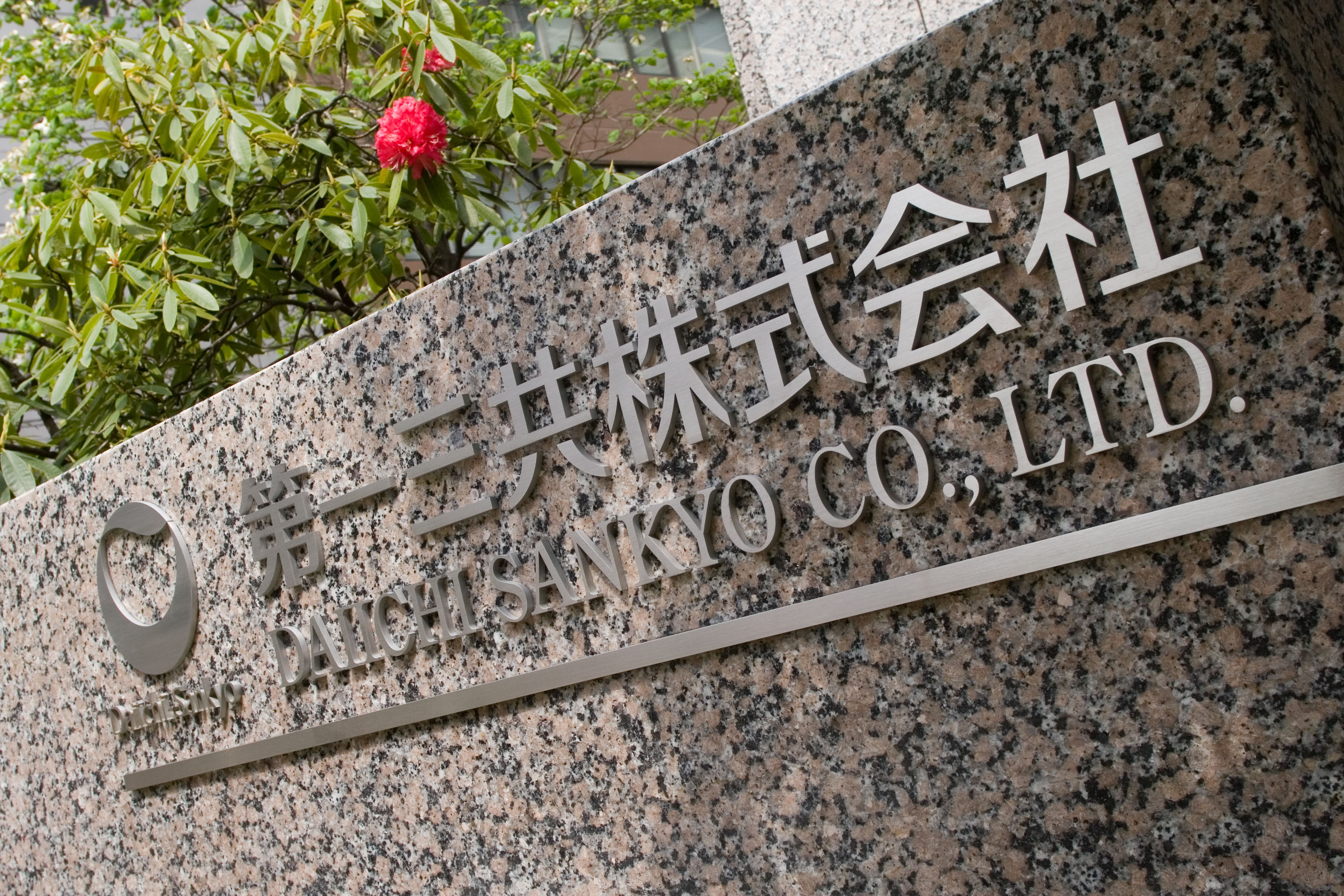FDA gives Daiichi Sankyo's HER3 drug a breakthrough tag

Daiichi Sankyo has been granted breakthrough status by the FDA for patritumab deruxtecan, a HER3-targeted antibody-drug conjugate (ADC) in clinical trials for lung cancer.
The designation – which is awarded to therapies that could represent a significant improvement over standard of care in either efficacy, safety, or both – has been awarded on the strength of phase 1 results in patients with metastatic or locally advanced EGFR-mutated non-small cell lung cancer (NSCLC).
Patritumab deruxtecan achieved an overall response rate of 39% when given as a therapy to patients with EGFR-mutated NSCLC whose cancer had progressed despite treatment with a third-generation EGFR inhibitor like AstraZeneca's Tagrisso (osimertinib) and platinum-based chemotherapy.
At the moment, the prognosis for these heavily pre-treated patients is very poor. After EGFR therapy fails, platinum-based chemo has limited efficacy, generally preventing disease progression or death for between four and six months.
Salvage therapies after the failure of both treatments fare even worse, with a progression-free survival rate of around three months.
Daiichi Sankyo's trial was carried out in 57 patients, with one patient experiencing a complete response after treatment with the ADC, 13 having a partial response, and another 25 showing disease stabilisation after a median follow-up period of five months.
HER3 is expressed in more than 80% of EGFR-mutant NSCLC, and overexpression is associated with poor outcomes, but no HER3-targeted drugs have been approved to date.
Researchers have hypothesised that inhibiting EGFR and HER3 in tandem could lead to greater efficiency and also overcome resistance to currently available EGFR-directed drugs.
Daiichi Sankyo has now started a phase 2 trial – called HERTHENA-Lung01 – in 420 patients with EGFR-mutated NSCLC previously treated with at least one EGFR inhibitor and platinum-based chemo.
It is also collaborating with AZ on the clinical trial of patritumab deruxtecan in combination with Tagrisso as both a first-line and second-line therapy for patients with NSCLC that has specific EGFR mutations, namely exon 19 deletion or L858R mutation.
Daiichi Sankyo and AZ are close collaborators in the ADC arena. AZ has already licensed rights to HER2-targeting drug Enhertu (trastuzumab deruxtecan) – which is already on the market for HER2-positive breast and gastric cancers – as well as investigational TROP2 ADC datopotamab deruxtecan in two multibillion-dollar deals.
The Japanese drugmaker was originally developing patritumab as an antibody for NSCLC, but abandoned the drug after it showed little efficacy in mid-stage testing, pivoting to the ADC version.











